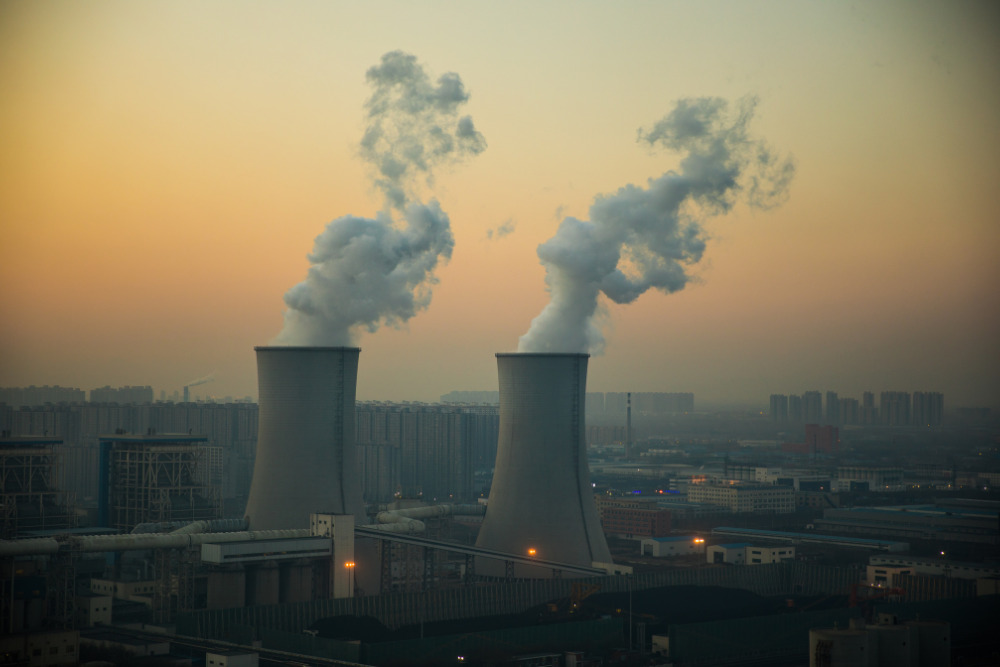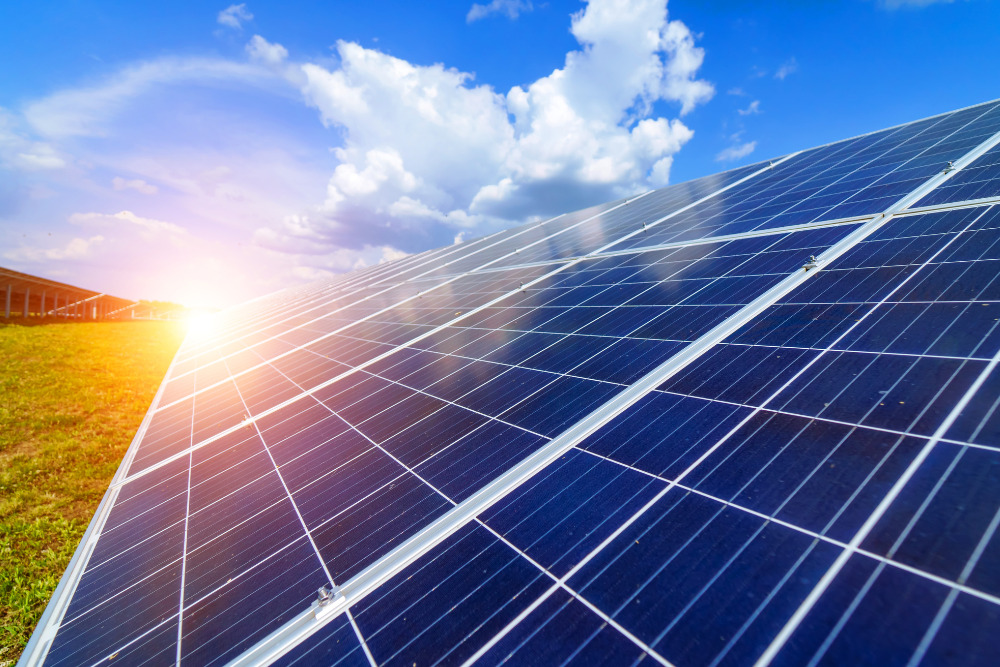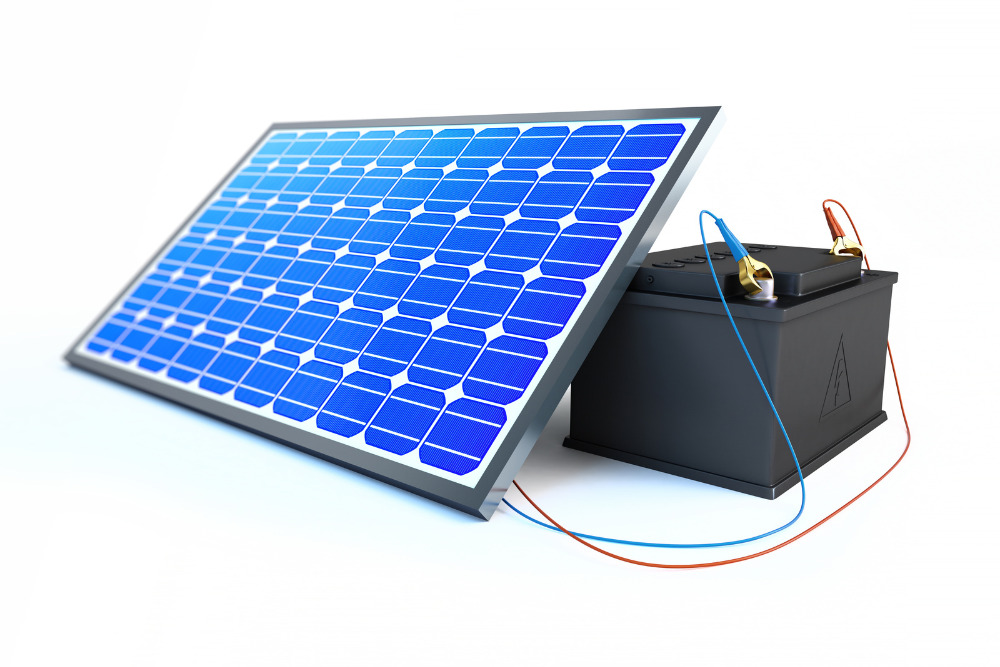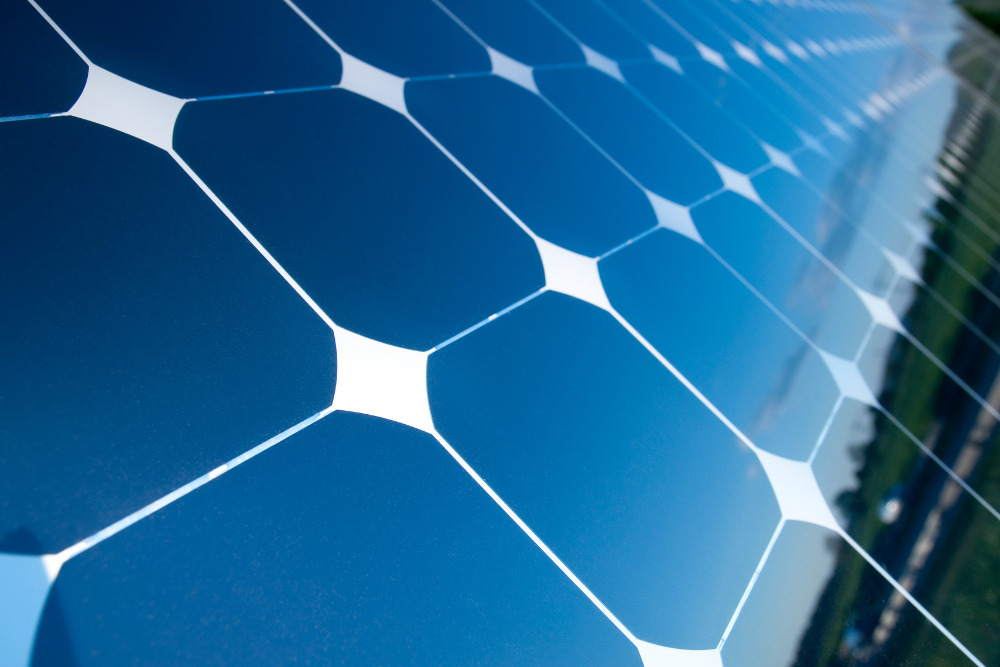
What does the future of our energy landscape look like, and is there a possibility of a complete transition away from fossil fuels in favor of renewable solar power?
The energy sector plays an important role in the ongoing fight against climate change. As we become aware of the environmental impact of fossil fuels, the transition to solar and other renewable energy sources is gaining momentum
The Problem With Fossil Fuels
Fossil fuels, including coal, oil and natural gas, have been the primary source of energy for decades. However, extraction, transportation, and combustion contribute to greenhouse gas emissions. Carbon dioxide (CO2) and other gases that power plants emit into the atmosphere have landed the Earth in a global warming and climate change crisis.
Beyond emissions, fracking, drilling, and mining to extract the natural resources also have negative environmental impacts, such as habitat loss and water pollution.
Fossil fuels are a non-renewable finite resource, and at some point, the Earth will be depleted. Clearly, our reliance on fossil fuels is unsustainable and detrimental to the health of our planet. Switching to renewable sources of energy, like solar, is the only way to collectively reduce our carbon footprint and mitigate climate change.

Why Renewable Energy Is Better For The Environment
Renewable energy sources, like solar power, offer a sustainable alternative to fossil fuels. Here are some of the main reasons why solar power is better for the environment:
Reduction of Greenhouse Gas Emissions
Solar power produces electricity with zero carbon emissions, making it a more sustainable clean energy option. By shifting to solar energy, we can significantly reduce our carbon footprint and ease the adverse effects of climate change.
Renewable and Abundant Resource
Unlike fossil fuels, solar power is a renewable energy source, and the sun provides an almost limitless supply of energy. Combined with solar energy storage solutions (solar batteries), homes and businesses can completely eliminate their reliance on the grid.
Minimal Environmental Impact
Solar energy has a minimal impact on the environment throughout its lifecycle. While the manufacturing and installation of solar panels do require energy and raw materials, technological advancements have led to more sustainable manufacturing processes and a small carbon footprint. Additionally, solar panels have a long lifespan and about 75% of the components can be recycled and made into new panels.

The Environmental Impact Of Solar
While solar power offers numerous environmental benefits, it’s important to understand the potential impacts:
Land Use
Large-scale solar installations require significant land space. While solar farms can be built on barren or unused land, it’s important to consider wildlife habitats, plant ecosystems, and soil and water health. Careful planning and site selection can help minimize any adverse effects, and some studies have even shown the positive impact of solar farms, such as:
- Shade and protection for wildlife
- Soil regeneration when degraded farmland is converted into a solar farm
- Growth of native vegetation to attract pollinators and other wildlife
- Cooler soil temperatures that helps flowers bloom later in the year for pollinators
Additionally, floating photovoltaic systems, which are solar panels installed on large bodies of water, offer unique benefits. They not only utilize underutilized space but also contribute to less water evaporation and a more stable aquatic ecosystem.
Manufacturing and Decommissioning
The production of solar panels involves the use of energy and raw materials. However, the industry is actively working to create more sustainable manufacturing processes. For example, while they are slightly less efficient, polycrystalline solar panels are more eco-friendly than monocrystallin as there is less waste during the manufacturing process. Some manufacturers, like Trina Solar, are so committed to reducing CO2 emissions during the life cycle of solar panels that they have received the Life Cycle Assessment (LCA) Certification from TÜV Rheinland.
While solar panels can last many decades, decommissioning them at the end of their useful lifespan is a potential challenge. Like all e-waste (electronic waste), solar panels should never be dumped in a landfill. The silicone, copper, silver, aluminum, and glass that makes up a solar panel can all be recycled and turned into shiny new panels. In fact, many silicon panels have a 96% recycle efficiency!
Are There Any Disadvantages Of Using Solar?
The reality is that no energy source is infallible. Some of the disadvantages of using solar include:
Intermittency
Solar power generation depends on sunlight, which means it is subject to natural variations throughout the day and across the seasons. This intermittency poses a challenge when it comes to consistently meeting electricity demand. However, energy storage solutions address this issue by storing excess energy for use during periods of low sunlight.
Initial Costs
The upfront costs of installing solar panels can be a significant investment. However, solar power systems can provide substantial savings on energy bills and even generate income with excess energy production through net metering. Additionally, government incentives, tax credits, rebates, and declining solar costs are making solar power more financially accessible.
Is Solar More Affordable Than Fossil Fuels?
While the initial installation costs of solar power systems can be higher, the long-term operational costs are generally lower than those of fossil fuels.
Solar power eliminates fuel costs and requires less maintenance. When combined with battery storage, many homeowners can completely eliminate their electric bill and realize the ROI of their solar system in under 10 years.
As technology advances and economies of scale are realized, the cost of solar panels will continue to decline. When home and business owners add incentives from their local government and utility company and consider rising energy costs, solar energy systems will become even more affordable.
Is Solar As Reliable As Fossil Fuels?
Solar power is only reliable when the sun shines. However, batteries and other storage solutions allow excess energy generated during sunny periods to be stored and used during times of low sunlight or grid outages.
Additionally, solar can be combined with other renewable sources, like hydro or wind power, to create a diverse and reliable energy source.


